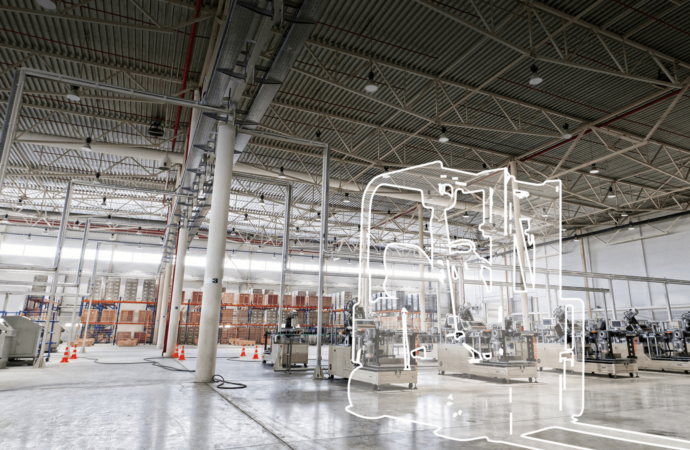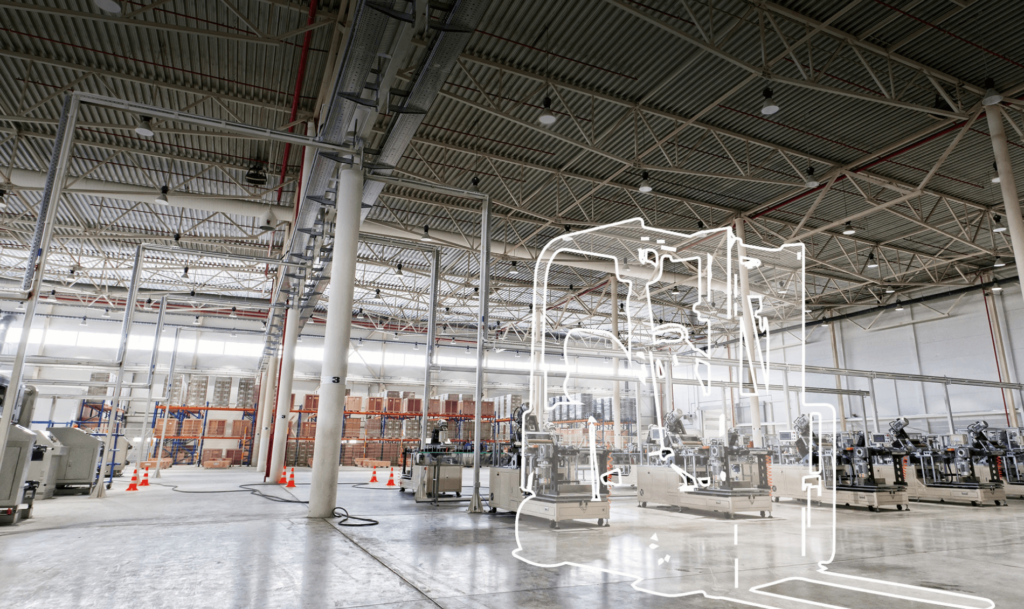Commercial and Industrial Loans
Contact Us

Commercial and industrial loans (C&I) constitute the bulk of loans provided for corporate purposes. These loans are typically provided directly to companies rather than to people. A loan to a person could classify as a C&I loan, but only if the whole loan is used strictly for commercial, industrial and technical purposes.
Not all corporate loans are deemed to be C&I loans. Loans backed by real estate are exempt from this group. Any loan to a financial company is therefore exempt from this group, as are loans to growers or someone else engaged in agricultural development. We specialize in (C&I) property loans at Commercial Real Estate Loan Pros of Miami.

How Commercial and Industrial Loans Work
When it comes to a company, it’s not enough to have a brilliant concept. Your company needs capital to realize these plans, and C&I loans are a perfect way to finance this growth.
C&I loans are not the only route for companies to obtain capital, but they are one of the more available choices. Businesses may, potentially, obtain equity funding through attracting new buyers, or they may issue bonds. Many small companies cannot issue stocks or bonds. Speak to one of our experts today at Commercial Real Estate Loan Pros of Miami.
What are Commercial & Industrial Loans Used for?
Commercial & Industrial loans should not be used for something specific—as long as the usage is specifically related to the company. There are, however, several common uses.
Working capital: Working capital loans are short-term loans that support a cash-flow company. Two periods in the existence of a company, where it might require extra cash, are at start-up and throughout growth. At this period, cash outflows are higher than cash inflows, at least before new consumers and payments can be produced.
Capital financing: Small companies need new equipment and machinery and other capital assets to develop and prosper. Commercial & Industrial loans may help open a factory, start up a manufacturing line, restore or refurbish established buildings, furnish a retail store, or buy an assortment of goods.
Alternatives for C&I Loans
C&I loans are not the only form a company can access credit. Evaluate the options. Commercial real estate (CRE) loans are for the acquisition of commercial real estate; they are similar to a mortgage loan for personal real estate. These loans are long-term loans that utilize real estate as leverage.
A credit line is a way to place cash in your company bank account, and the value is that you pay interest only for the money you draw out. A credit line can be secured or unsecured, but unsecured credit is likely to arrive at a higher interest rate. Factoring is a means to get financing by the usage of accounts receivable as leverage. Receivables are being steeply discounted, however, you can get the cash easily.

Pros Explained
Easier to access than equity financing: C&I loans are common since it’s cheaper to fund company development with leverage than with equity. A bank will issue you a loan as long as you are fairly confident that you’re going to repay it. An investor, on the other side, can only invest if they believe like you have a good business strategy and serious growth potential.
Quick: Financing development and extension by debt use—a C&I loan—can be achieved easily provided you have the requisite collateral and loan application papers. And if you had a compelling business plan, capital funding will also entail a lot of time spent identifying new buyers and persuading them to become shareholders.
Cons Explained
The loan must be repaid as follows: The loan must be paid off and the debt service (interest costs) could be high. Your company would proceed to pay off the loan, removing the cash required for operations.
Collateral places assets at risk: If for whatever reason, you are unable to fulfill your mortgage commitments, you may forfeit any properties you have to give as security for the loan.

Keep In Mind Some Points
- – Commercial and Industrial (C&I) loans are loans for Commercial purposes.
- -C&I loans are typically short-term, guaranteed loans.
- – Most C&I loans are given to businesses rather than persons, although a loan to an entity may be a C&I loan if any of the funds are used for commercial purposes.
- – Even if the loan is given directly to a company, it is not called a C&I loan if it is backed by real estate or whether the loan is used by a financial entity or an agricultural producer.
The distinctions between CRE Loans and C&I Loans
CRE loans and C&I loans have in particular the idea that they are provided to companies. But there are a few variations between the two.
Commercial Real Estate Loan
CRE loans are used to develop or purchase income-generating properties such as hotels, multifamily housing complexes, business buildings, and convenience stores (shopping centers). CRE loans are more complicated to acquire than C&I loans owing to the uncertainty of real estate.
Both commercial real estate loans and C&I loans will overlap, as though equity from the refinancing of a current asset loan (C&I loan) were funded by a rental-property investment (a commercial real estate loan transaction).
Commercial real estate loans have the following characteristics:
They are designed solely for the purchase, refinancing, and development of commercial real estate.
- CRE loans appear to have lower LTV rates than home mortgages.
- Commercial Real Estate loans are mostly rate-adjustable or require balloon payments.
- CRE Loans will draw money from current properties for a new property in real estate.
- Short-term loans are usually supplemented by mini-perm and take-out loans (permanent commercial loans).
C&I Loans
Commercial and commercial loans refer to a broad variety of industrial markets. This involves, for example:
- Retailers
- Health-care providers
- Industrial companies
- Suppliers
- Professional firms
- Hospitality companies (hotels, motels, etc.)
C&I loans also have the following characteristics:
- Loans are for capital and operational costs, such as recruiting, covering seasonal income gaps, or buying equipment.
- C&I loans may be used for building activities (but are not backed by real estate), while commercial real estate loans are more suitable for this reason.
- C&I loans are not usually backed with real estate equity, but can be secured by such properties as vehicles, accounts receivable, or potential credit card receipts.
- Unsecured C&I loans may include a general bond that exposes the properties of the company owner to legal claims on default.
- C&I lenders, without the support of real estate leverage, must closely track borrower cash flows and sales, looking at financial ratios such as debt aging and inventory turnover.
- Business and industrial loans may arrive in the form of one-time payments or revolving lines of credit.
- C&I short-term loans are sometimes issued without the intention of a potential substitution with a take-out loan, such as commercial real estate loans.
There are so many areas or regions where we offer these services with most of them being cities.
However, if you need any of these services, you need to contact us. The list below comprises the areas where we offer these services.
We service all counties and cities throughout South Florida. However, if you need any of these services in other cities throughout the state of Florida, please contact us. See what services we offer below:

